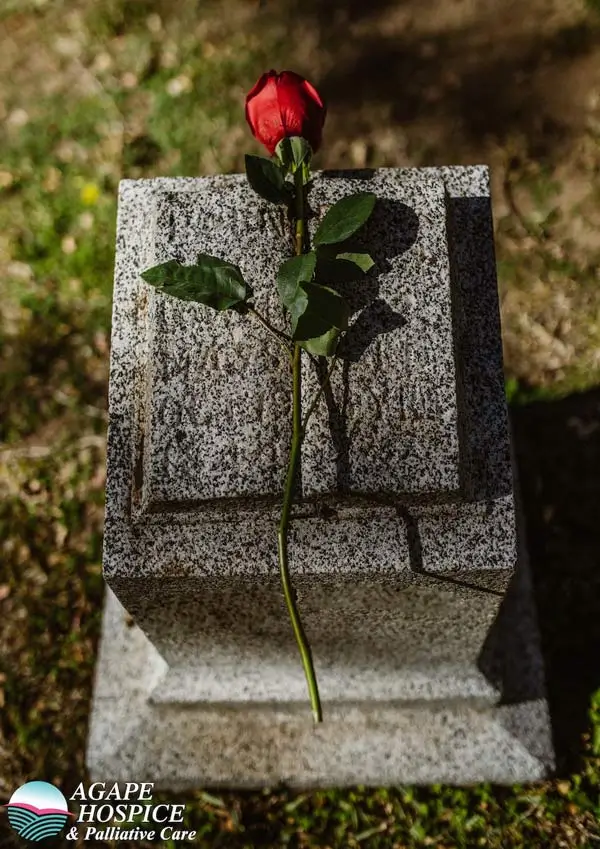13 Myths About Grief
Myths About Grief
Everyone experiences grief at some point in their lives. However, despite its universality, many misconceptions about grief persist, which can make it even more challenging for those who are grieving. If you’re struggling with a loss or trying to understand what a loved one is going through, you might find these 13 myths and facts about grief incredibly helpful.
Myth: Grief Happens in Orderly Stages
Fact: One of the most well-known but misleading ideas about grief is that it unfolds in five distinct stages: denial, anger, bargaining, depression, and acceptance. This concept, popularized in Elisabeth Kübler-Ross’s book, On Death and Dying, was originally meant to describe the emotions of those facing their death, not those grieving the loss of a loved one. In reality, grief doesn’t follow a linear path. Everyone experiences it differently, and emotions from any stage may come and go in waves rather than occurring in a clearly defined order.
Myth: Grief and Mourning Are the Same
Fact: While grief and mourning are often used interchangeably, they represent different aspects of loss. Grief is the internal experience of loss—your thoughts, feelings, and reactions. Mourning is the outward expression of grief. It includes actions such as holding funerals, wearing specific clothing, or following cultural rituals. Understanding this distinction may help you process grief and respect others’ mourning practices.
Myth: It’s Best to Avoid Mentioning the Deceased
Fact: A common belief is that discussing the deceased person will only upset the grieving individual, but this is usually not the case. Many grieving people find comfort in talking about their lost loved one and appreciate when others do, too. Avoiding the topic can sometimes make people feel more isolated in their grief.
Myth: Time Heals All Wounds
Fact: While time may lessen the intensity of grief, it doesn’t completely heal it. There’s also no set timeline for grief. Some people may cope well after a few months, while others may take years. Even then, grief is a lifelong process that changes shape over time but never fully disappears. Expecting someone to be “over it” after a certain period is unrealistic. It’s important to allow yourself or others as much time as necessary to heal.
Myth: It’s Better to Grieve Alone
Fact: Another misconception is that grieving is a solitary activity, best done alone. While everyone needs some alone time to process their feelings, prolonged isolation can be detrimental. Seeking support from friends, family, or grief counselors provides much-needed comfort when navigating this difficult time.
Myth: Moving On Means Forgetting the Deceased
Fact: Some people believe that to move on, they must leave their lost loved one in the past. In reality, it’s possible—and healthy—to continue to have a relationship with the deceased in your thoughts and memories while still moving forward with your life.
Myth: Strong People Don’t Show Their Grief
Fact: There’s a cultural stigma around showing grief, especially for men, who may be seen as weak if they openly show their emotions. However, expressing grief is a sign of strength, not weakness. Allowing yourself to grieve means you lost someone or something worth caring about. It takes strength to face those emotions and to seek support when needed.
Myth: Grief Only Affects You Emotionally
Fact: Grief can manifest in many ways, including physically. It’s not uncommon for people to experience headaches, fatigue, difficulty sleeping, and even chronic illnesses as part of their grief process. It’s important to take care of your physical health while grieving.
Myth: Staying Busy Helps to Avoid Grief
Fact: Some people believe staying busy will keep the pain of grief at bay. While distracting yourself by filling your schedule with activities may provide temporary relief, it’s not a long-term solution. Avoiding grief only postpones the healing process; the emotions will eventually need to be addressed.
Myth: Grief Doesn’t Affect Children as Intensely as Adults
Fact: Children experience grief differently, but that doesn’t mean it’s any less intense. They may not have the words to express their feelings, but they grieve deeply and need support just as much as adults. Encouraging kids to talk about their feelings or express them through art or play can be helpful.
Myth: Grief Is Always About Death
Fact: Grief isn’t limited to the death of a family member or friend. It can occur after any significant loss, such as getting divorced, losing your job, or having your pet pass away. Recognizing these other forms of grief is important for providing or seeking appropriate support.
Myth: If You’re Not Crying, You’re Not Grieving
Fact: Crying is a common sign of mourning, but it’s not the only way grief manifests itself. Some people express their grief through silence, anger, or even by maintaining their daily routines without showing outward signs of sorrow. Not crying doesn’t mean someone isn’t grieving; it simply means they’re processing their emotions differently.
Myth: Seeking Professional Help Means You’re Not Coping
Fact: Some people feel that reaching out to grief counselors indicates weakness or an inability to cope on their own. In reality, seeking professional support is a proactive step that helps with healthily processing grief. Bereavement programs provide personalized strategies to navigate complex emotions and can be especially beneficial when grief feels overwhelming or prolonged. Professionals are trained to help you understand and work through your feelings, so you don’t get stuck on your grief journey.
Grief Support in Los Angeles and Orange County
Grief is a unique and deeply personal experience. Agape Hospice & Palliative Care understands this, which is why we provide compassionate, personalized grief counseling to people in the Los Angeles and Orange County areas with loved ones in hospice care. We are locally owned and nationally accredited to provide bereavement support for patients and their families. Contact us today to learn more about our services and how we can assist you on your way to complete healing.

